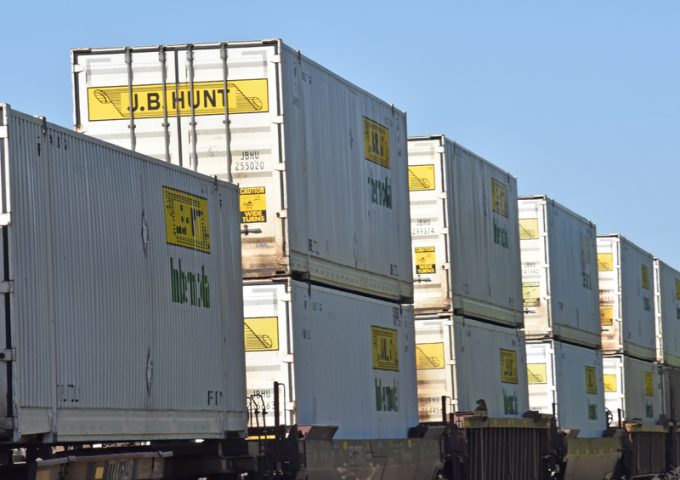US retailers at a crossroads as import hurdles continue to be raised
US retailers are navigating choppy waters, with scant visibility of the route forward, pummelled in ...

BNSF Rail and JB Hunt have made an ambitious push to attract US shippers with just-in-time strategies to a new intermodal service.
The outlook for the intermodal sector remains gloomy, but, nonetheless, management at BNSF and JB Hunt see a chance to boost volumes with a ...
CMA CGM South Korean staff strike over bonuses after bumper 2024 profit
MSC switches two more Asia-Europe port calls from congested Antwerp
CMA airline returns two freighters, while ANA takeover of NCA looms
Nightmare for Bangladeshi exporters as congestion and tariffs bite
Tradelanes: Export boom in Indian sub-continent triggers rise in airfreight rates
Carriers introduce surcharges as congestion builds at African ports
Ports and supply chain operators weigh in on funding for CPB
Box ship overcapacity threat from carrier appetite for new tonnage

Comment on this article